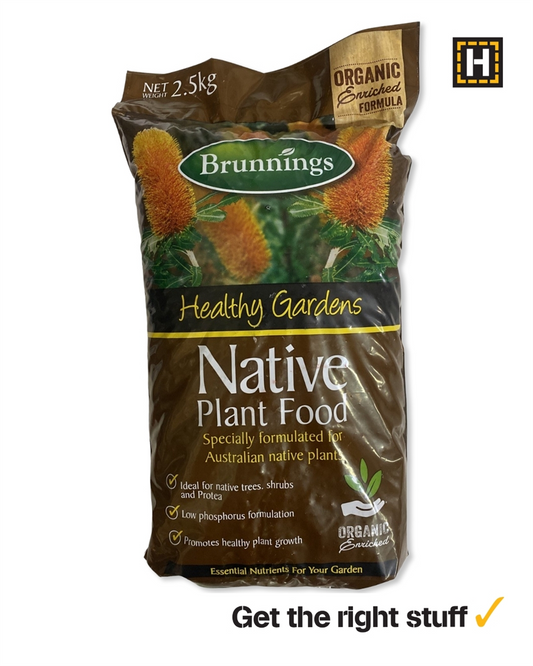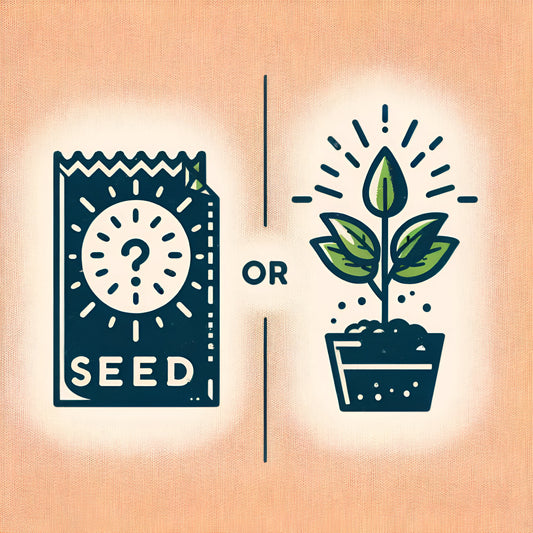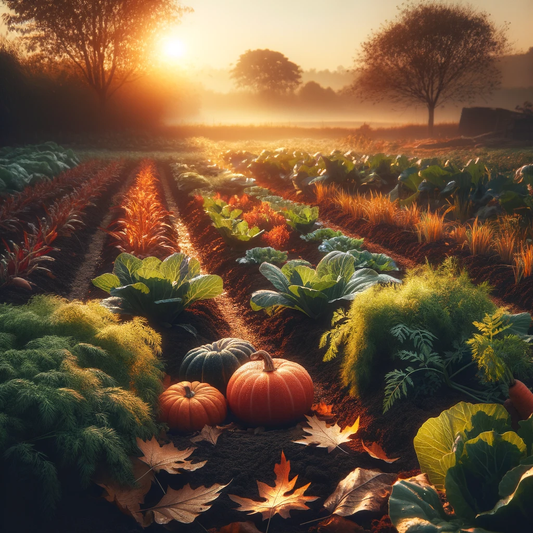Introduction to Composting
In the world of gardening, compost is often referred to as "black gold." It's a rich, earthy material that adds life and vitality to your garden's soil, enhancing plant growth and health. Composting is both an art and a science, a process of transforming kitchen scraps, garden waste, and other organic materials into a nutrient-rich humus that feeds your garden.
Understanding the Composting Process
Composting is nature's way of recycling. It's the breakdown of organic material by microorganisms, fungi, worms, and other decomposers. This process results in compost, a crumbly, nutrient-rich soil amendment.
- The Role of Microorganisms: Tiny bacteria and fungi are the first to break down the organic material. They require a balance of 'greens' (nitrogen-rich materials like vegetable scraps) and 'browns' (carbon-rich materials like dry leaves) for optimal activity.
- Heat Generation: As microorganisms break down the material, they generate heat, which speeds up the process and helps to kill weed seeds and pathogens.
- The Maturation Phase: After the active composting, the material cools down and matures, allowing worms and other macro-organisms to further break it down.
Steps to Successful Composting
- Choose Your Compost Bin: You can use a simple pile or choose a bin that suits your space and needs. Tumbler bins are great for small gardens, while open bins suit larger spaces.
- Balance Your Ingredients: Aim for a roughly equal mix of greens and browns. Greens are your nitrogen source (e.g., kitchen scraps, fresh grass clippings), and browns are your carbon source (e.g., dried leaves, straw).
- Layer and Turn: Build your compost in layers of greens and browns. Regularly turn your pile to aerate it, which helps the microorganisms do their job.
- Manage Moisture and Airflow: Your pile should be as wet as a wrung-out sponge. If it's too dry, add water; if it's too wet, add more browns. Adequate airflow is crucial, so turn your pile regularly.
- Recognize When It's Ready: Finished compost is dark, crumbly, and smells like earth. It should have no recognizable food or yard waste.
Common Composting Issues and Solutions
- Bad Odor: Usually due to excess greens. Solution: Add more browns and turn the pile for better aeration.
- Pests: Properly managed compost bins should not attract pests. Avoid adding meat, dairy, or oily foods to the pile.
- Slow Composting: Lack of nitrogen or poor aeration could be the cause. Solution: Add more greens or turn the pile more frequently.
The Reward of Composting
Composting is a rewarding practice that not only benefits your garden but also the environment by reducing waste. It's a continuous learning process, perfect for beginner and intermediate gardeners. As you become more familiar with composting, you'll develop a sense of what works best for your garden's unique needs. Embrace the journey, and watch as your garden thrives with the addition of your homemade compost.
Key Takeaways
- Patience is Key: Composting is a slow process. Give it time, and you'll be rewarded with rich compost.
- Learning by Doing: Don't be afraid to experiment. Each compost pile is unique, and you'll learn the most by observing and adjusting.
- Environmental Impact: Composting reduces landfill waste and creates a sustainable cycle in your garden.








